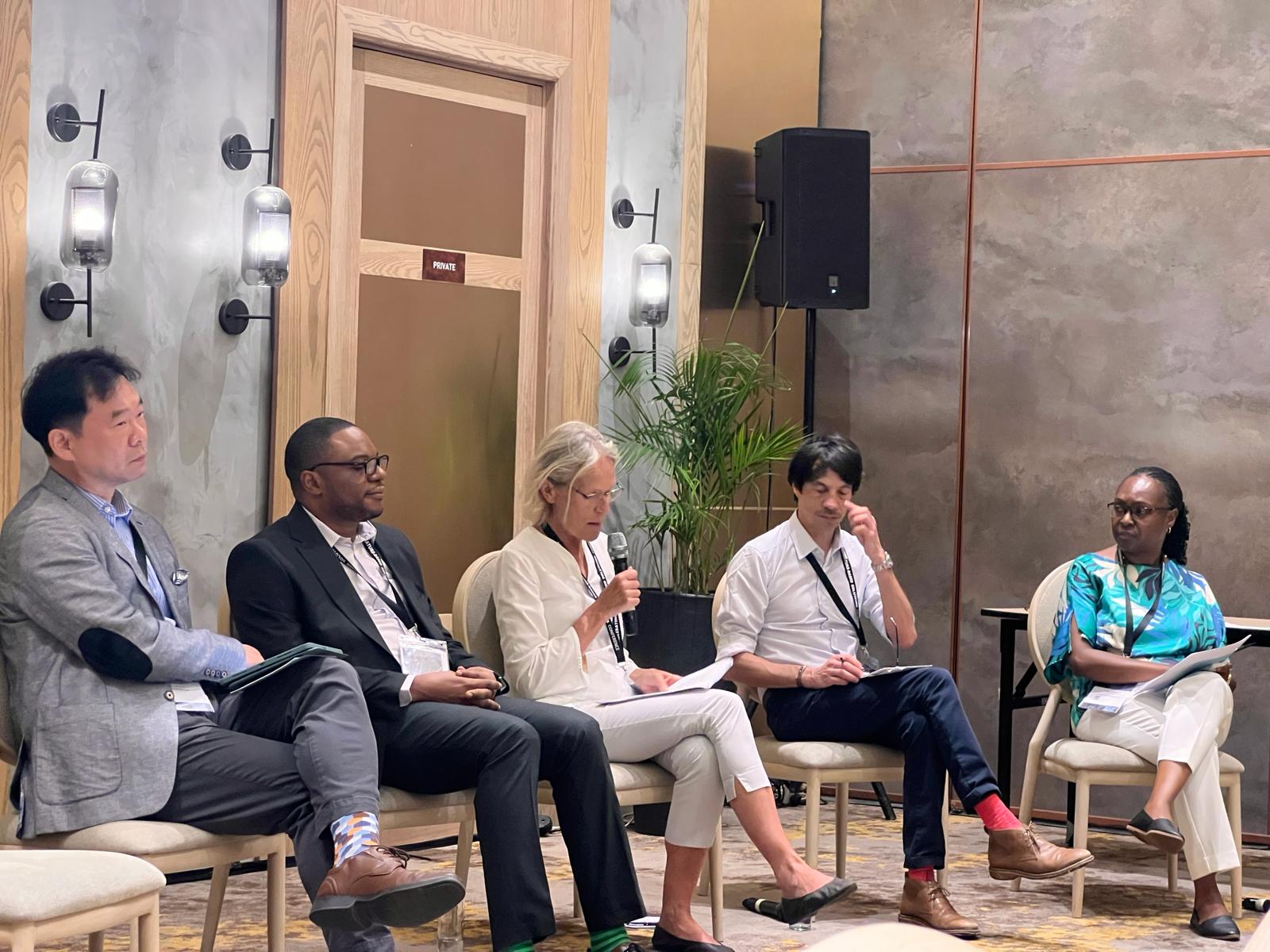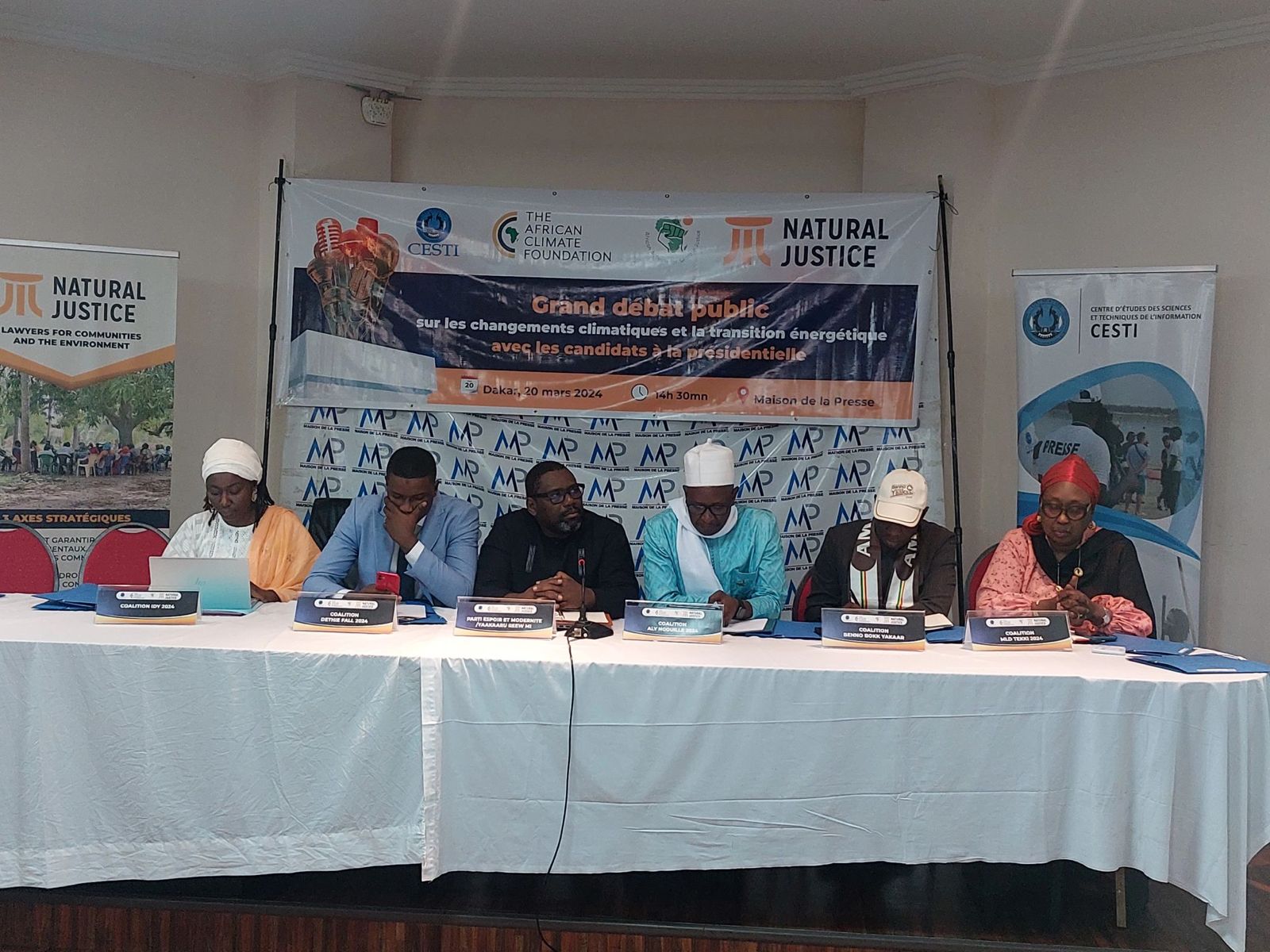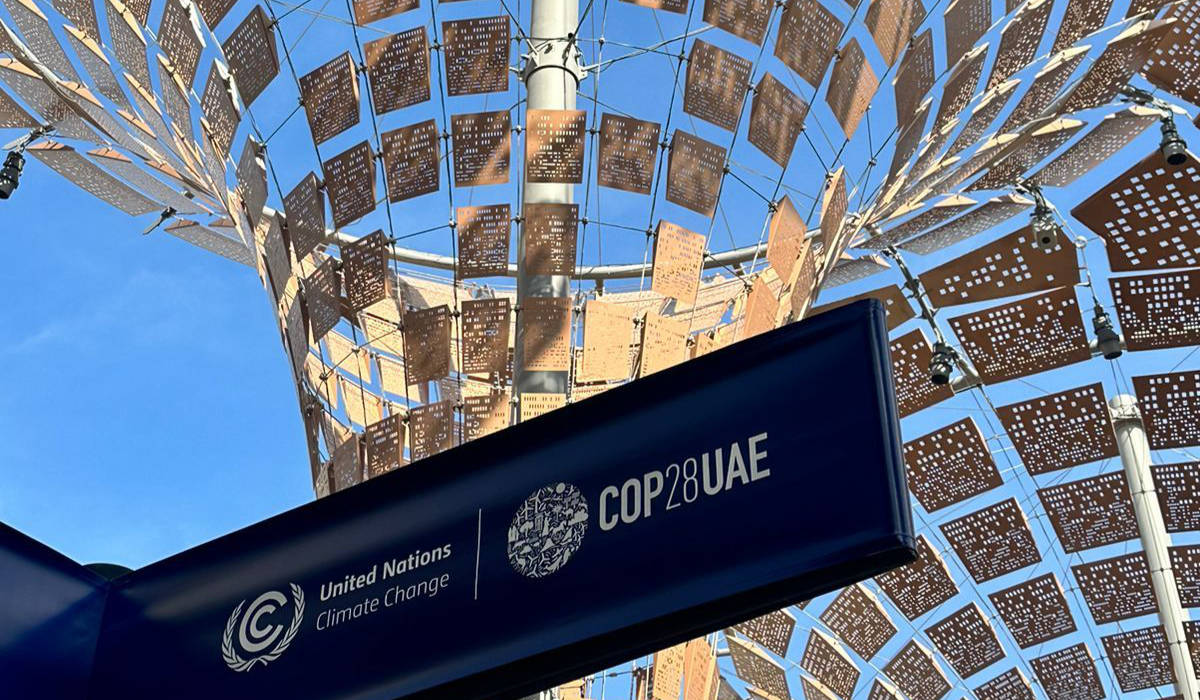Photo caption: Alok Sharma MP, President of the 26th United Nations Climate Conference (COP26) in a bilateral meeting with the Union Cabinet Minister of Labour and Employment, Environment, Forest and Climate Change in the Government of India, Bhupender Yadav. Picture by Tim Hammond / No 10 Downing Street
–
The Glasgow Pact, struck on Saturday evening at the climate talks in Glasgow, was nearly scuppered in the last hours when countries insisted that coal could still not be phased out.
A fierce debate erupted among the nation’s negotiators over the wording of an intention to abandon coal in the final text of the deal. In facilitating the Glasgow Pact, nations agreed to change the wording from a coal “phase-out” to a “phase-down”.
Although the host country the UK had hoped that the Glasgow climate talks would be historic in the sense that it consigned coal to history, the inclusion of coal in the final deal still marked the first time that such a resolution had been made under the UN climate process.
Coal is one of the most damaging greenhouse gases and a main driver of climate change. Getting countries to shed their coal dependence is a critical step in slowing down warming.
On Saturday it seemed that the UK’s push for coal’s annihilation would succeed, but India’s Environment and Climate Minister Bhupender Yadav delivered a passionate speech, saying that getting rid of coal too fast in developing nations would cause hardship. He also attacked the inefficient fossil fuel subsidies.
“This climate crisis has been caused by unsustainable lifestyles and wasteful consumption,” Yadav said. “The world needs to awaken to this reality. Fossil fuels and their use have enabled parts of the world to attain high levels of wealth and wellbeing.”
India’s plea was supported by China, with South Africa, Nigeria and Venezuela also expressing displeasure at the clause.
Although COP26 president Alok Sharma was loath to renegotiate the Glasgow Pact’s deal at such a late stage, pressure from the “coal phase down” nations obliged him to make concessions if a deal was to be delivered. The final document would not please everyone, he conceded, but it was far better than no deal.
Apart from the coal sticking point, climate finance also remained one of the issues that had mixed success in Glasgow. What the conference did achieve was to set the table for more aid to help poor countries to fund their decarbonisation pathway.
South Africa’s watershed multibillion-dollar climate finance deal remained one of the talk’s highlights and could become a template for other countries if its results lived up to the hype.
Less successful was the plans for a loss-and-damage fund. Rich countries such as the US still fear that agreeing to such a fund could open the door to enormous climate liabilities in the years to come.
One of the big successes of this year’s talks was that it resolved several outstanding technical issues that had prevented aspects of the 2015 Paris Agreement from coming into operation. These issues, on carbon trading and the “transparency” with which countries monitor and report their emissions, the so-called Article 6, have dogged the annual climate meetings for six years but compromises were finally reached.
Read part 1 of this article. A deal is made: All you need to know about the ‘Glasgow climate pact’



